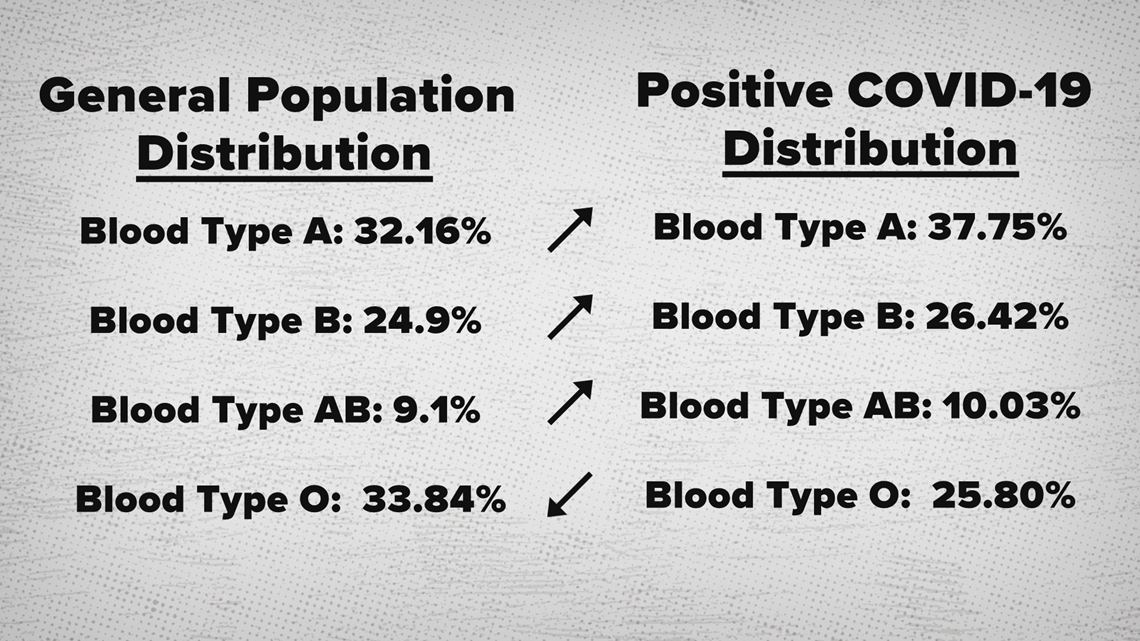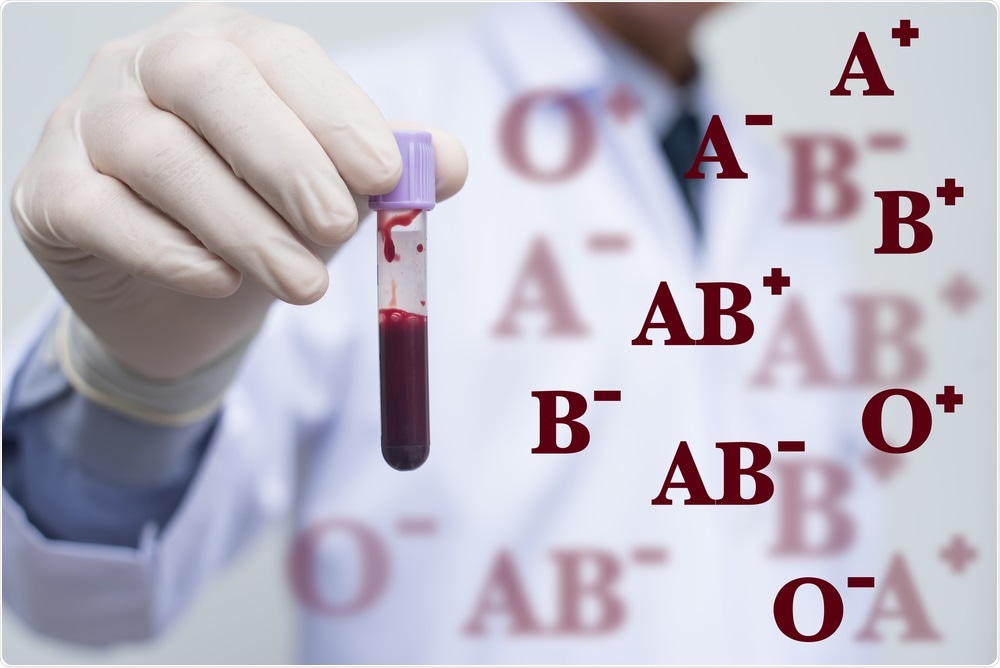

RELATED: 7 Tips You Must Follow to Avoid COVID, Say Doctors What does this mean? " The O and Rh− blood groups may be associated with a slightly lower risk for SARS-CoV-2 infection and severe COVID-19 illness," the researchers concluded. The researchers found that people with blood type O had a lower chance of severe COVID illness or death compared to people with other blood types.Īdditionally, people with Rh-negative blood were found to have a lower probability of both infection and serious COVID-19 illness than people with Rh-positive blood.

The Blood Type Resulted in "Slightly Lower Risk" of Infection

Read on-and to ensure your health and the health of others, don't miss these Sure Signs You've Already Had Coronavirus. The highest probability was in the blood group B positive, at 4.2%. Scientists found that people with blood type O negative had a 2.1% chance of testing positive for coronavirus-the lowest probability among all blood groups. Research published in the journal Annals of Internal Medicine looked at more than 225,000 people who had been tested for COVID-19 between Jan. A 2014 study involving participants from Italy and Belgium demonstrated similar results of the 2020 Korean study above, showing that those with blood type O had a lower chance for developing Crohn’s disease or having a severe form of the disease.People with blood type O have a lower chance of being infected with or developing serious illness from COVID-19, a recent study says.A 2020 study from Korea showed a possible protective effect of having blood type O in those with Crohn’s disease.A 2020 study found no association between the prevalence of ulcerative colitis and blood type in a group of 129 patients from Taiwan.The researchers found that people with blood type AB responded better to the medication infliximab, while those with type A seemed to have an increased risk for losing response to it. A 2016 Chinese study found no association between blood type and the prevalence of Crohn’s disease in a group of 293 people.Here is a brief overview of some of the recent data on IBD and blood type: There are two main types of inflammatory bowel disease (IBD) - ulcerative colitis and Crohn’s disease. Overall, the data regarding blood type and its association with diabetes is still very conflicting and requires continued research. A large 2015 study of 82,104 women showed that people with type O blood had a lower risk for type 2 diabetes, while both A and B blood type groups were shown to be at a higher risk with no association in Rh factor.They discovered that in a group of 2,258 university students, people with a B blood type were more likely to develop diabetes than those with other blood types. In a 2017 study from Pakistan, researchers found similar results.Another 2020 study looked at 750 participants and found that risk of developing type 2 diabetes was higher in blood group A than those in any other blood group.A 2020 study found that in a group of 424 people, O blood type was associated with a decreased risk of type 2 diabetes, and blood type B was associated with an increased risk.The data is conflicting in this area, as you can see from some recent research results: Some researchers hypothesize that type 2 may also be an autoimmune disorder, but more research is needed to understand how it develops. Type 2 diabetes is when your body becomes resistant to the hormone insulin or doesn’t produce enough insulin. Type 1 diabetes is thought to be an autoimmune disease where your body attacks cells in your pancreas.


 0 kommentar(er)
0 kommentar(er)
